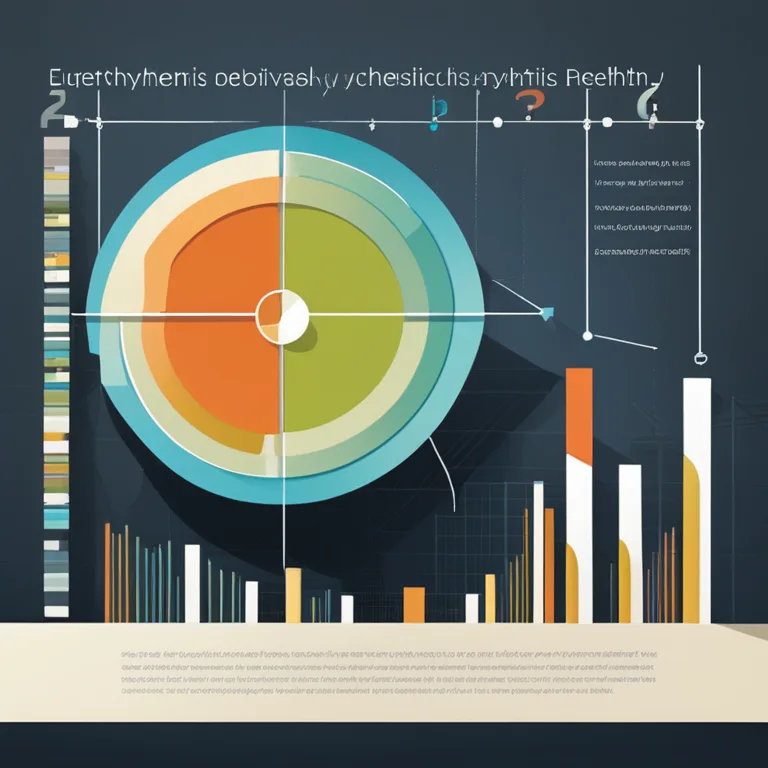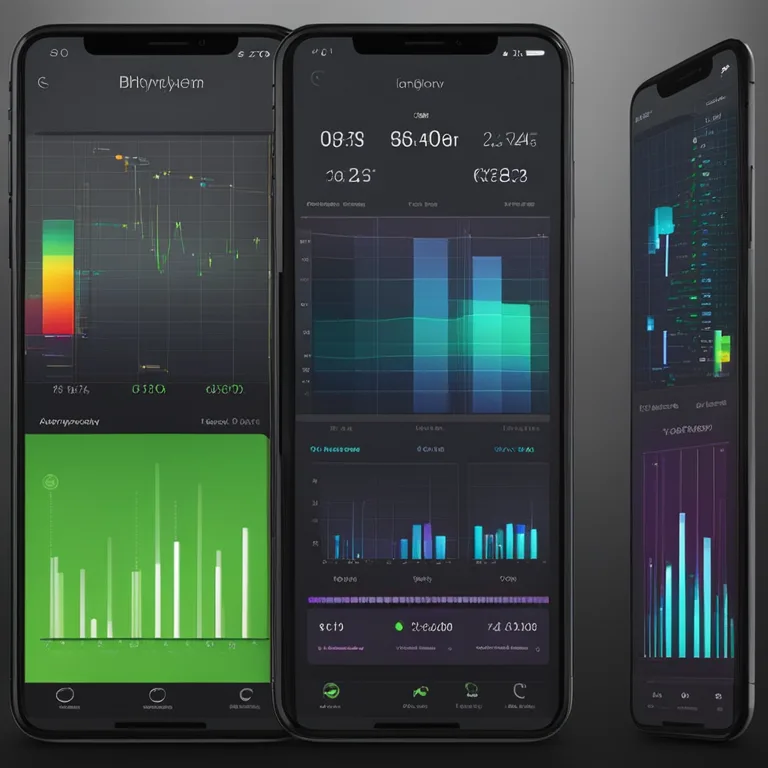
Unlocking the Power of Biorhythms: A Comprehensive Guide
Delve into the intricate world of biorhythm theory and comprehend the rhythms that purportedly govern our daily lives in this detailed article.
article by Adrian Wallace
The Foundations of Biorhythm Theory
Biorhythm theory is a pseudoscientific concept suggesting that our daily lives are influenced by rhythmic biological cycles. It posits that from the moment of our birth, we are influenced by three significant cycles: physical, emotional, and intellectual. The physical cycle, lasting 23 days, is thought to influence our strength, health, and endurance. The emotional cycle, with a span of 28 days, supposedly sways our mood, creativity, and perception. Lastly, the intellectual cycle, completing its round in 33 days, is believed to affect our thinking, reasoning, and analytical capacity. Together, these cycles form a comprehensive framework through which individuals can gauge their personal highs and lows, forecast potential challenges and opportunities, and generally navigate the complexities of human experience.

Historical Origins and Evolution
The concept of biorhythms can be traced back to the late 19th century and was popularized in the early 20th century mainly by Wilhelm Fliess, a contemporary of Sigmund Freud. Fliess theorized that these biological rhythms ebb and flow in predictable patterns throughout our lives. As the decades passed, biorhythm theory expanded with the works of Hermann Swoboda and Alfred Teltscher, who further studied and expounded upon these cycles. In the contemporary landscape of holistic well-being, biorhythm theory continues to intrigue a niche following, even in the absence of empirical scientific backing. It is now effortlessly interwoven into the digital age, with numerous apps and online calculators allowing individuals to track their own biorhythms.

Modern Application and Tools
With the advancement of technology, analyzing one's biorhythms has become more accessible than ever. Biorhythm-tracking tools employ algorithms based on a person's birth date to predict the various cycles. These modern applications claim to provide insights into the optimal timing for diverse aspects of life, ranging from key decisions and physical activities to emotional investments and intellectual pursuits. They also often include additional parameters, such as intuitive and spiritual cycles, which extend the theory beyond the traditional triplet. Caution is advised, however; while biorhythm calculators present an intriguing perspective, there is no scientific evidence supporting the accuracy of their predictions.

Criticism and Scientific Scrutiny
Throughout its history, biorhythm theory has faced significant skepticism, especially from the scientific community. Critics argue that no credible studies substantiate the claims made by biorhythm proponents. Research attempting to correlate biorhythms with actual life events has repeatedly failed to produce conclusive results. Critics further argue that the theory's predictions are generalized and can result in a psychological effect similar to the Barnum effect, which makes vague statements seem personally meaningful. Nonetheless, the theory endures, largely because the idea of predictable life patterns holds intuitive appeal for those seeking order in the seemingly random events of daily life.

Interpreting Biorhythms for Personal Growth
For individuals who subscribe to biorhythm theory, the potential benefit lies in its use as a self-assessment and personal development tool. By charting these cycles, one might identify times of high emotional sensitivity or intellectual acuity and harness these periods for personal advancement or emotional well-being. Conversely, recognizing a cycle's low phase could encourage an individual to avoid crucial decisions or high-stress situations. It's important to approach biorhythm tracking with an open mind but also with a sense of self-awareness and practical skepticism, treating the information more like a possibility rather than deterministic prophecy.
A Balanced Viewpoint on Biorhythms
Biorhythm theory occupies a curious intersection between metaphysics and self-reflection, a territory that encapsulates the human desire to find patterns in life's complexities. As we continue to explore the scopes of human existence in this new age of enlightenment, the question of whether our lives are impacted by unseen biological rhythms remains a topic of contemplation. Regardless of biorhythm theory's veracity, engaging with the concept may nonetheless serve as a catalyst for introspection, helping individuals to reflect on their life choices and behaviours through an alternative lens.
Published: 12/28/2023
Modified: 12/28/2023
More predictions
Come back here soon to learn more about yourself and your future


Exploring Human Biorhythmic Cycles
Explore the fascinating concept of biorhythms and their influence on physical, emotional, and intellectual faculties in humans.


Unlocking Your Body's Natural Clock
Explore the intriguing world of biorhythms and discover how they influence your physical, emotional, and intellectual states.


Biorhythms In Humans Explored
Exploring the concept of biorhythms and their influence on human behavior and physical states.